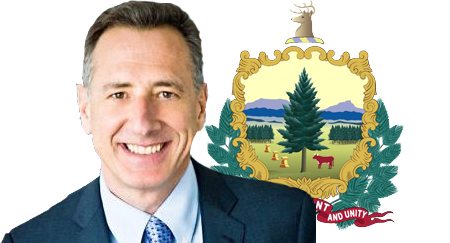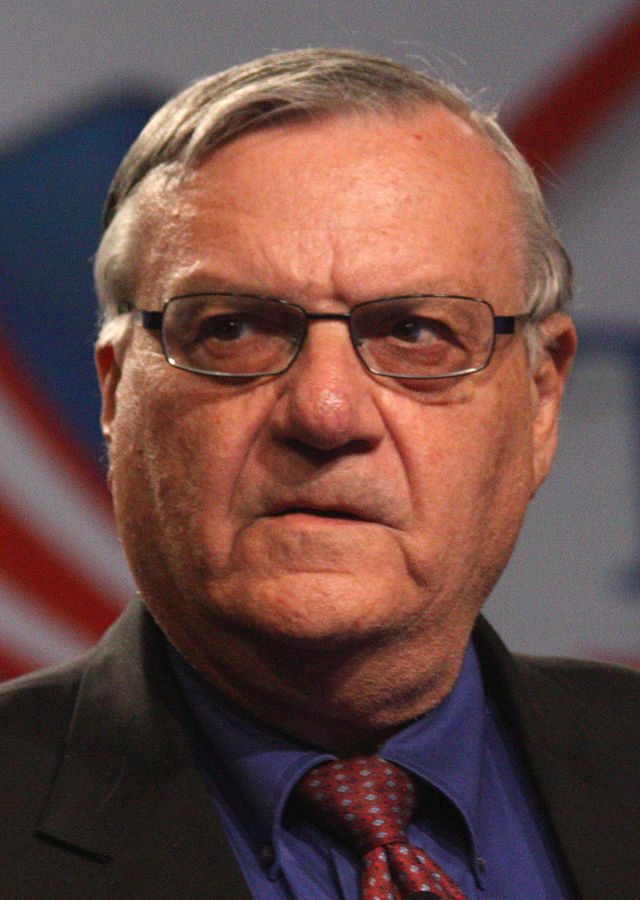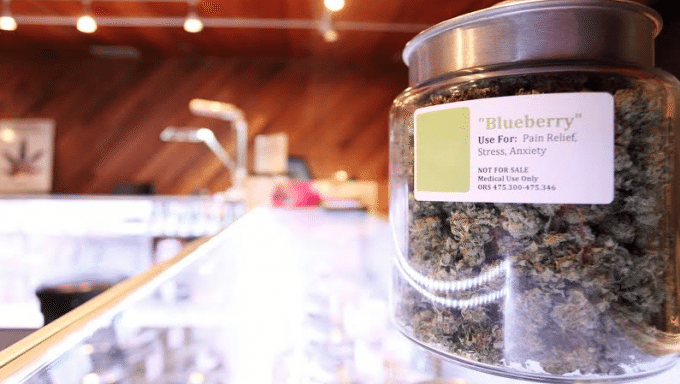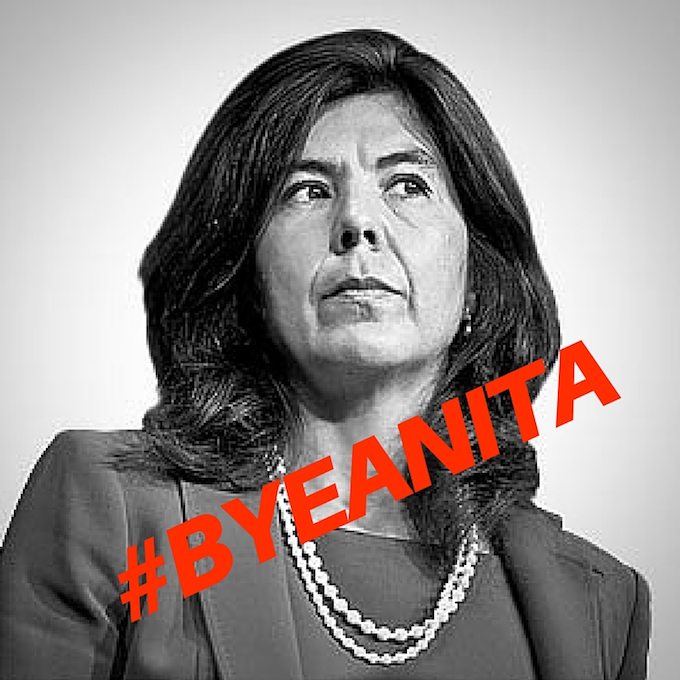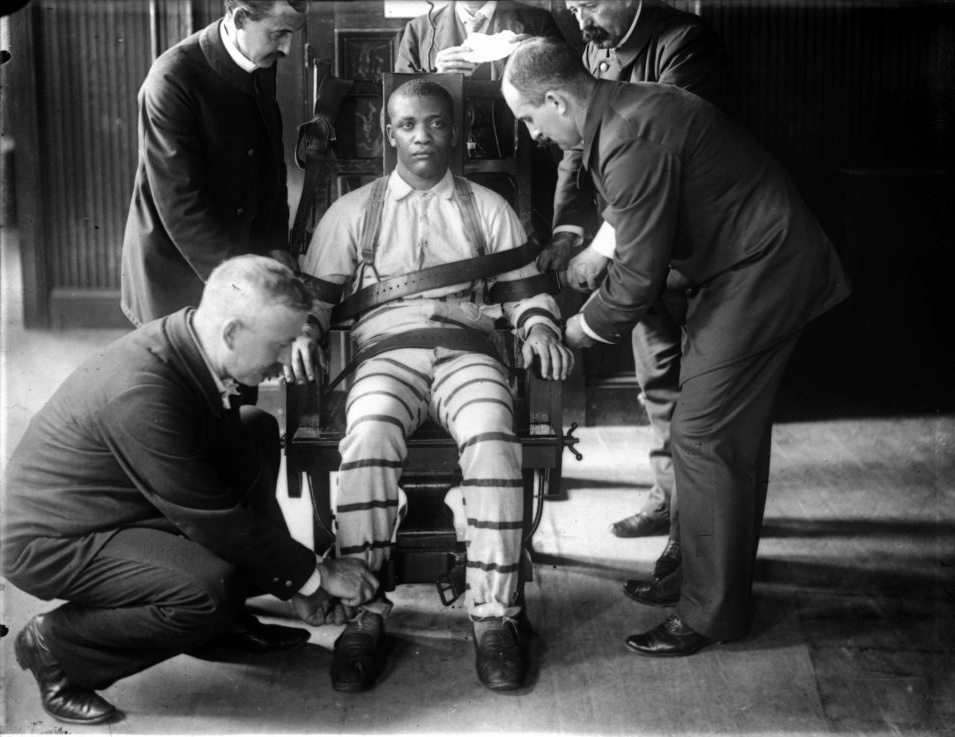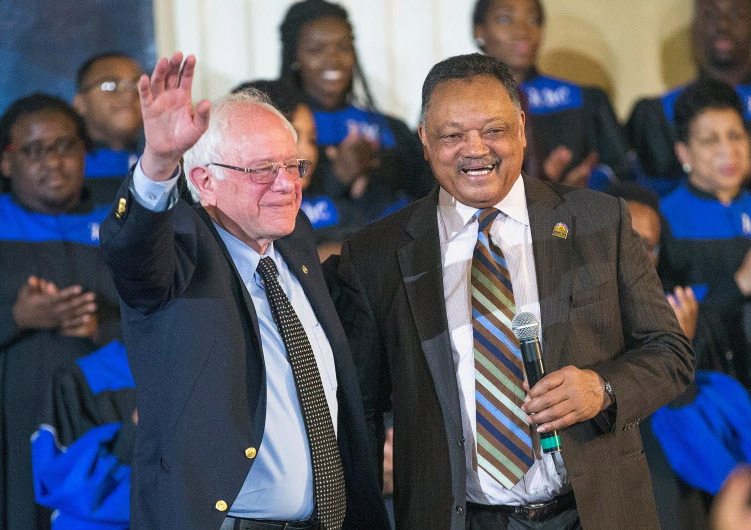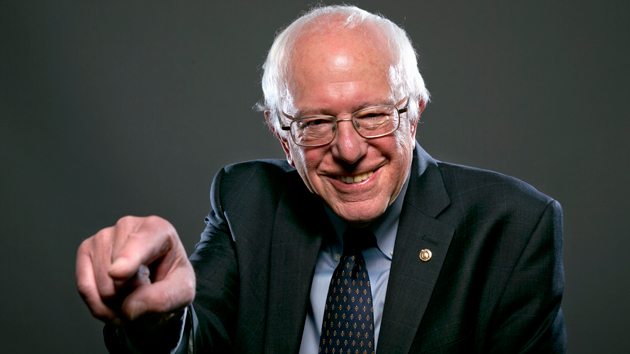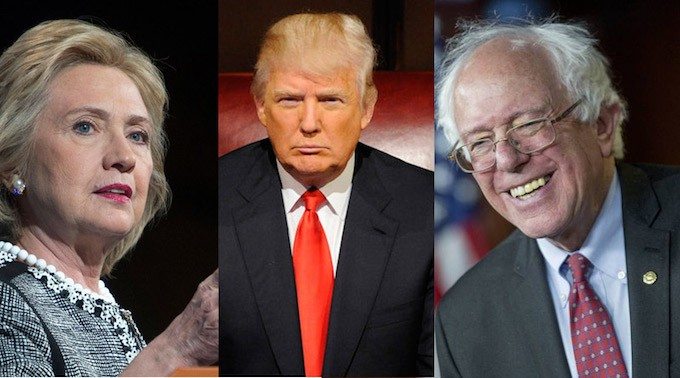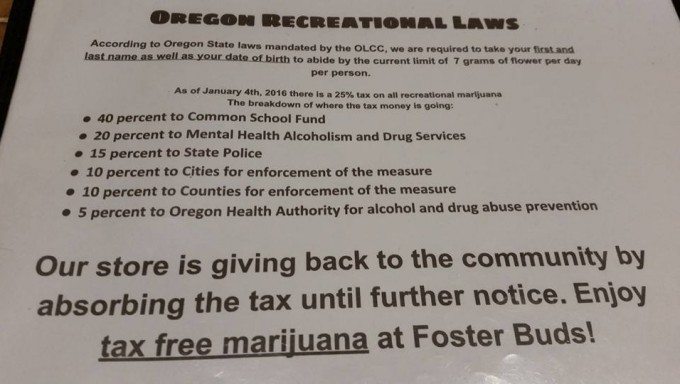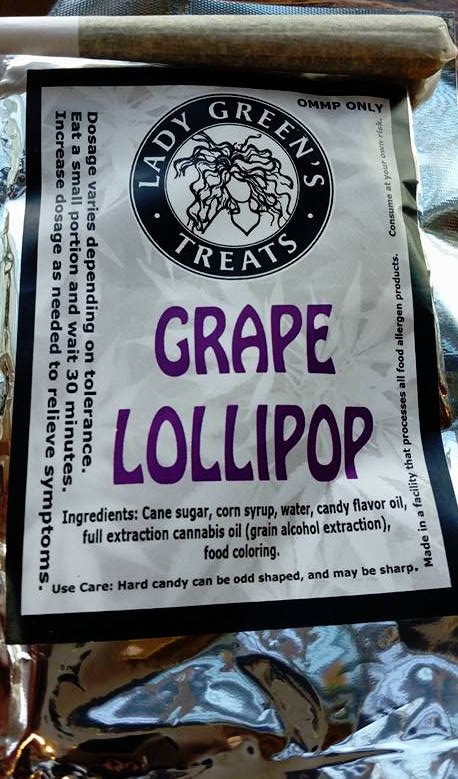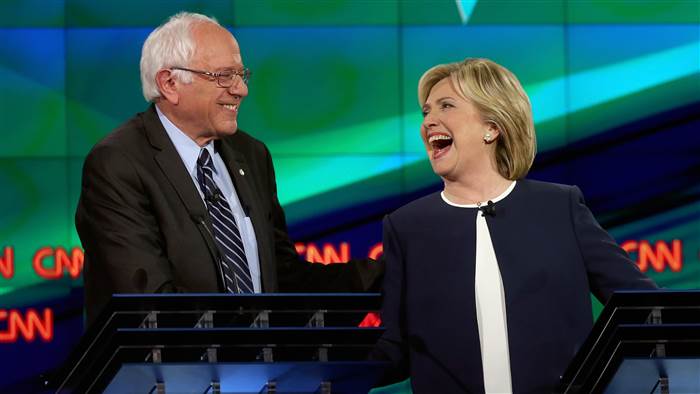In many, many ways Vermont Governor Peter Shumlin should be commended for leading the charge for marijuana legalization in his state. Vermont would be the very first state to end cannabis prohibition via the legislative process, instead of a voter initiative. It would be a remarkable achievement that could lead to other states following Vermont’s path, such as Minnesota, Wisconsin, Rhode Island, Hawaii, and other relatively progressive states that don’t have the citizen initiative process.
The Vermont Senate passed a landmark legalization bill, sending the measure over the the House. Apparently, prospects of the bill in the Vermont House are shaky, and Governor Shumlin and advocates are rightly putting up a good fight. Governor Shumlin wrote a Times Argus oped, rightly urging the Vermont House to move forward with the legalization measure:
Vermont has a clear choice. As states nationwide and those close to home continue working to enact smarter policies around marijuana, we can be the first state to do it right. We can lift the veil of prohibition that has prevented us from taking rational steps to address all the issues that come with marijuana use that exist right now, given that one in eight Vermonters uses the substance on a monthly basis. Or, we can choose to delay making the right policy choice, continuing to bury our heads in the sand and hope that a policy that has failed for decades will all-of-a-sudden start working.
Governor Shumlin is correct that it is time for Vermont (and all states for that matter) stop willfully ignoring reality about cannabis use. Cannabis is used by too many Americans today, that prohibition is a government boondoggle, just as the failed experiment of alcohol prohibition. A strong majority of Americans and Vermonters agree that it is time to end the failed and harmful policy of cannabis prohibition and legalize and regulate the plant.
While Governor Shumlin is correct to urge the Vermont House to proceed with a legalization bill, he is wrong in his oped, when he demonizes the prospective Massachusetts ballot measure, along with other marijuana products and policies that other states have chosen, or may follow:
The stakes are important. The bill passed by the Vermont Senate would represent the most careful, deliberate attempt to regulate marijuana in America. Before passing the bill, the Senate took testimony from experts, asked the right questions, and learned lessons from those states that have legalized marijuana already. The result is a bill to create a system that would represent a huge improvement over the status quo. It would ban the sale of edibles, which have caused so may problems in Colorado. It would also allow us to drive out the black market and the illegal drug dealers that come with it, do a better job than we currently do of keeping marijuana out of the hands of underage kids, deal with the drugged drivers who are already driving on our roads, address treatment, and educate Vermonters to the harmful effects of consuming marijuana, alcohol and cigarettes.
That approach is in stark contrast to the one proposed in the Massachusetts referendum that will be voted on in November, which would allow edibles that have caused huge problems in other states, smoking lounges, home delivery service, and possession of up to 10 ounces of marijuana. Vermont’s bill allows none of that. If Massachusetts moves forward with its legalization bill while Vermont delays, the entire southern part of our state could end up with all the negatives of a bad pot bill and none of the positives of doing the right thing.
During our campaign to legalize marijuana here in Oregon, for which I was proud to serve as chief petitioner, I was often asked what made Oregon Measure 91 different from the new laws in Colorado and Washington. I would point to the fact that we have learned a lot from those two states and have had the benefit of tailoring our legalization measure to Oregon.
Our campaign argued that having testing standards in place for cannabis-infused edibles and other products would help us avoid Maureen Dowd-like episodes and that allowing for vertical integration of businesses would help us avoid supply issues that plagued early sales in Washington. Additionally, we felt that Oregon’s lower tax rates would help us generate robust sales and move more people out of the unregulated market into the regulated system.
It makes sense that Governor Shumlin can compare and contrast the Vermont legalization bill with the measures in other states, but there isn’t a need to be providing Massachusetts prohibitionists fodder to combat the legalization measure there or ammo to defeat future legalization measures. I wish Governor Shumlin and Vermont advocates luck and I understand that politics is politics, but I would hope that the benefits of the Vermont measure can be highlighted without unnecessarily denigrating the Massachusetts effort, or the policies in practice, or sought by other states.

